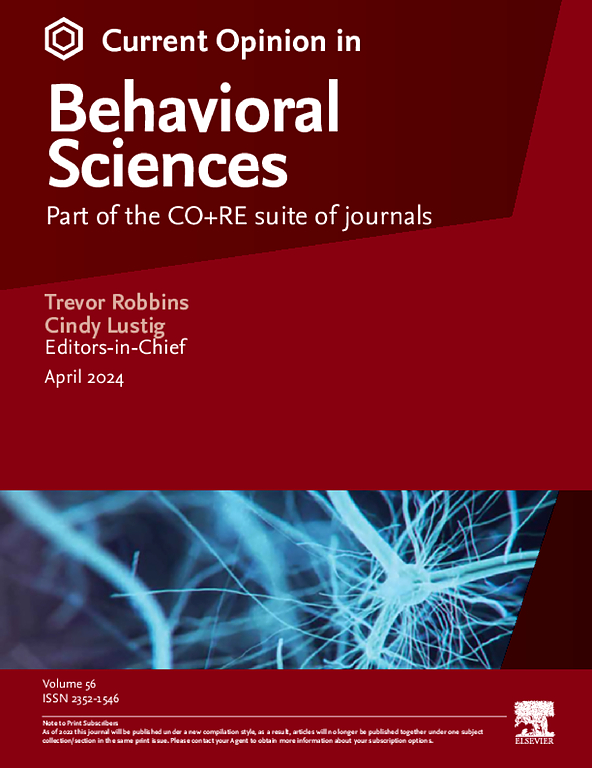人口学自我报告的效度理论与验证:一个关键的定量评估
IF 3.5
2区 心理学
Q1 BEHAVIORAL SCIENCES
引用次数: 0
摘要
关键定量统计的不同方法的进步已被广泛应用于各个领域,并有大量的实证研究说明了应用和结果。在教育和其他对打破白人至上主义感兴趣的学科中,体现在今天的许多政策和程序中,越来越多的人呼吁将各种各样的批判性方法纳入研究方法。这种转向旨在挑战次要认知方式的边缘化,这种边缘化导致了依赖(后)实证主义框架的传统,限制了研究推断和有效性的范围。批判性心理测量学已经成为塑造我们对测量的理解的核心,它的准确性,以及将自我报告的人口统计类别编码为稳定、固定和准确的压迫估计的方法背后的基本原理。本文提供了两个混合方法的调查研究例子,这些假设动摇了自我报告人口统计测量身份比较指数的概念。这种关键的定量心理测量评估的含义挑战了自我报告人口统计学的理所当然的性质;也就是说,这些本质化的身份类别应该被用来准确、精确地比较残疾、种族、阶级、性别、社会经济地位和教育背景之间的差异。由于这一假设背后的有效性理论受到挑战,这项工作为追求各种方法来验证自我报告提供了一个起点,一个基础。本文章由计算机程序翻译,如有差异,请以英文原文为准。
Validity theory and validation of demographic self-report: a critical quantitative appraisal
Advances in different approaches to critical quantitative statistics have been extensively used across various fields, with a wealth of empirical research illustrating applications and results. In education and other disciplines interested in disrupting White supremacy embodied across much of today’s policy and procedures, there is an increasing call to incorporate a diverse range of critical approaches to research methods. This pivoting aims to challenge the marginalization of subaltern ways of knowing, which has resulted in a tradition of reliance on (post-)positivist frameworks that limit the scope of research inference and validity. Critical psychometrics has become central in shaping our understanding of measurement, its accuracy, and the rationale behind approaches to code self-reported demographic categories as stable, fixed, and accurate estimates of oppression. This paper provides two mixed-methods survey study examples where these assumptions unsettle the notion that self-report demographics measure comparative indices of identity. Implications of this critical quantitative psychometric appraisal challenges the taken-for-granted nature of self-reported demographics; that is, these essentialized identity categories should be used to accurately and precisely compare differences between disability, race, class, gender, socioeconomic status, and educational background. With the validity theory behind this assumption challenged, this work provides a starting point, a stake in the ground, to pursue diverse methods to validate self-reports.
求助全文
通过发布文献求助,成功后即可免费获取论文全文。
去求助
来源期刊

Current Opinion in Behavioral Sciences
Neuroscience-Cognitive Neuroscience
CiteScore
10.90
自引率
2.00%
发文量
135
期刊介绍:
Current Opinion in Behavioral Sciences is a systematic, integrative review journal that provides a unique and educational platform for updates on the expanding volume of information published in the field of behavioral sciences.
 求助内容:
求助内容: 应助结果提醒方式:
应助结果提醒方式:


